ESL is one of the biggest event organizers in all of esports, and it looks like the heavyweight company is going to completely overhaul its Dota 2 operations amidst the ever-changing landscape of Valve’s Dota Pro Circuit.
ESL has historically been tied at the hip with Valve’s larger competitive Dota ambitions, but with the 2023 DPC season, the steadfast partner was not given one of the regional tours to operate just one year after running two. They will be running the Berlin Major to cap off the Spring Tour, but that is likely all for ESL’s involvement with this year’s lead-up to The International.
With its role shrinking when it comes to Valve’s direct circuit, ESL appears to be looking back to a pre-DPC regional tour model where it would run multiple large events alongside whatever other tournaments Valve would hitch a wagon to.
In this case, a new report notes that the Saudi-owned company will remix its current event structure into a new three-part circuit.
According to documents obtained and published by reporter Richard Lewis, ESL is deep into internally overhauling its Dota 2 event plans to build around the Riyadh Masters tournament series launched in 2022 by the Saudi Esports Federation (SEF).
Related: Saudi-backed group scoops up more esports companies, broadening gaming influence
With this plan, ESL would turn its legacy DreamLeague series into a large online qualifier that acts as the “main qualification pathway” for Riyadh Masters. It will feature a broadcast hosted in Stockholm while 16 teams will compete remotely from a location, of their choice, in Europe over a two-week period for a $1 million prize pool.
After that, ESL One will return as an in-person event again, with the usual qualifier and invite format Dota 2 fans are used to seeing. Currently, the next iteration is reportedly set to take place in Thailand and will feature its own $1 million prize pool.
Both of these events will be the lead-up for ESL’s new circuit, though the documents Lewis reported on only specified how the multi-week DreamLeague competition will actually tie into the Riyadh Masters. There will also reportedly be some additional “financial incentives for participation” that were not detailed in the initial summary.
As for Riyadh Masters, we already know Gamers8 is somewhat absorbing it into its Land of Heroes festival that will start on July 8 and run for eight weeks, featuring a number of other titles like Rocket League and Fortnite.
That expanded event will boast a $45 million prize pool, the largest in esports history overall—though it is split amongst all tournaments. Riyadh Masters 2022 did notably have the highest non-TI prize pool for Dota 2 at $4 million, which will likely increase this year as both ESL and the wider begin throwing their nets into wider and testing the water.
While this decision might sound like ESL is aiming to compete with Valve on paper, it is clear from the internal documents and the TO’s history that this is not the case.
Related: Dota 2’s new hero Muerta plays Artifact, which explains why the game is dead
Whenever ESL would host major Dota 2 events that were not directly tied to Valve or the DPC, they would almost always take place on neutral dates that would allow for top talent competing in the DPC to freely join up between shifts working for that coveted TI invite. This will reportedly remain the case for this new global circuit, as ESL specifically aims to “compliment” the DPC rather than fight it—with Lewis noting slides extending out two years with dates and plans slotting around known Valve projects.
This announcement will likely excite Dota 2 players, though it will also draw eyes to the continued expanding influence of Saudi Arabia in esports and gaming.
Expect plenty of conversations surrounding this news and the wider concerns it brings based on the country’s stance against the LGBTQ+ community and generally poor human rights records.



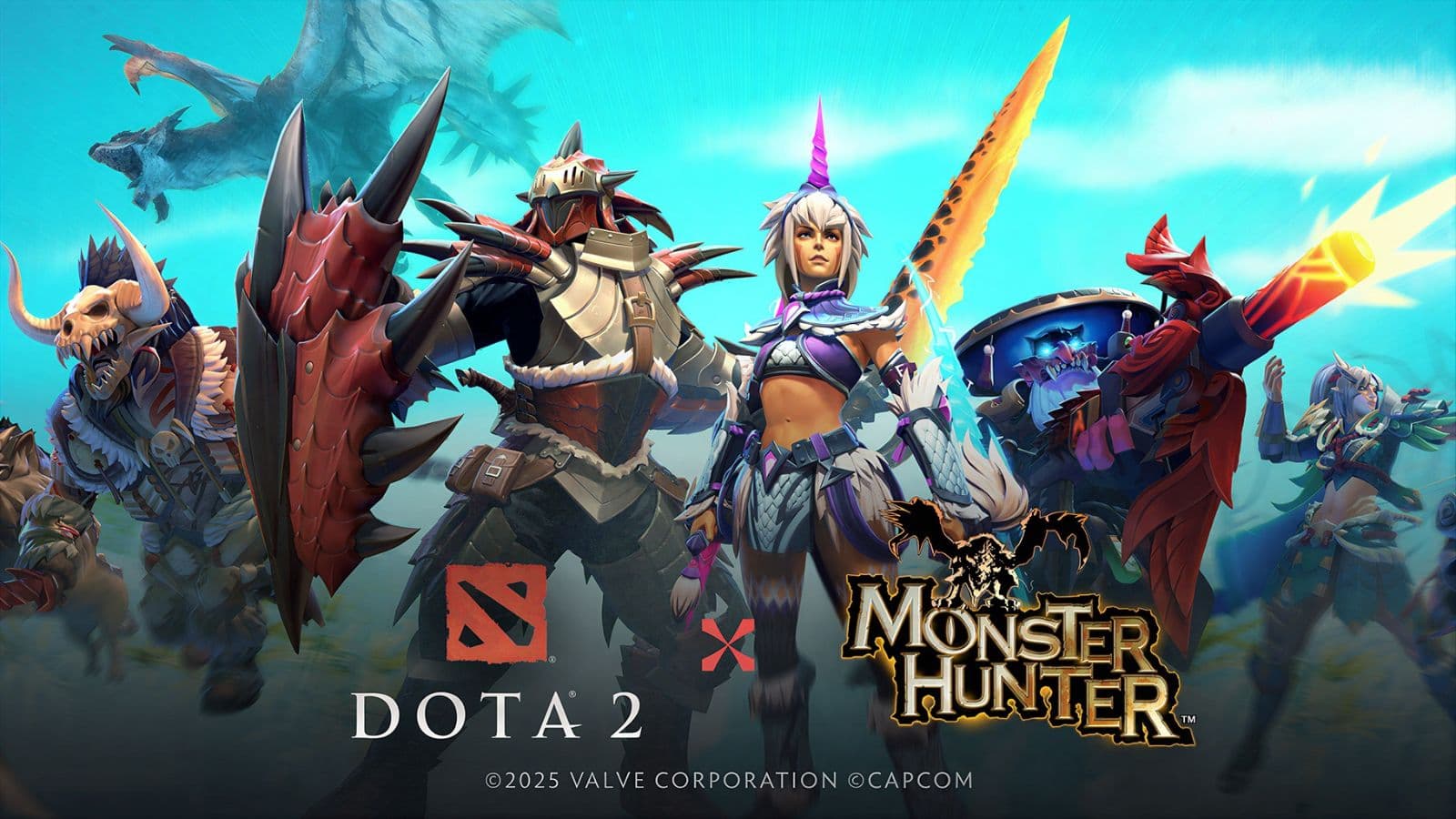

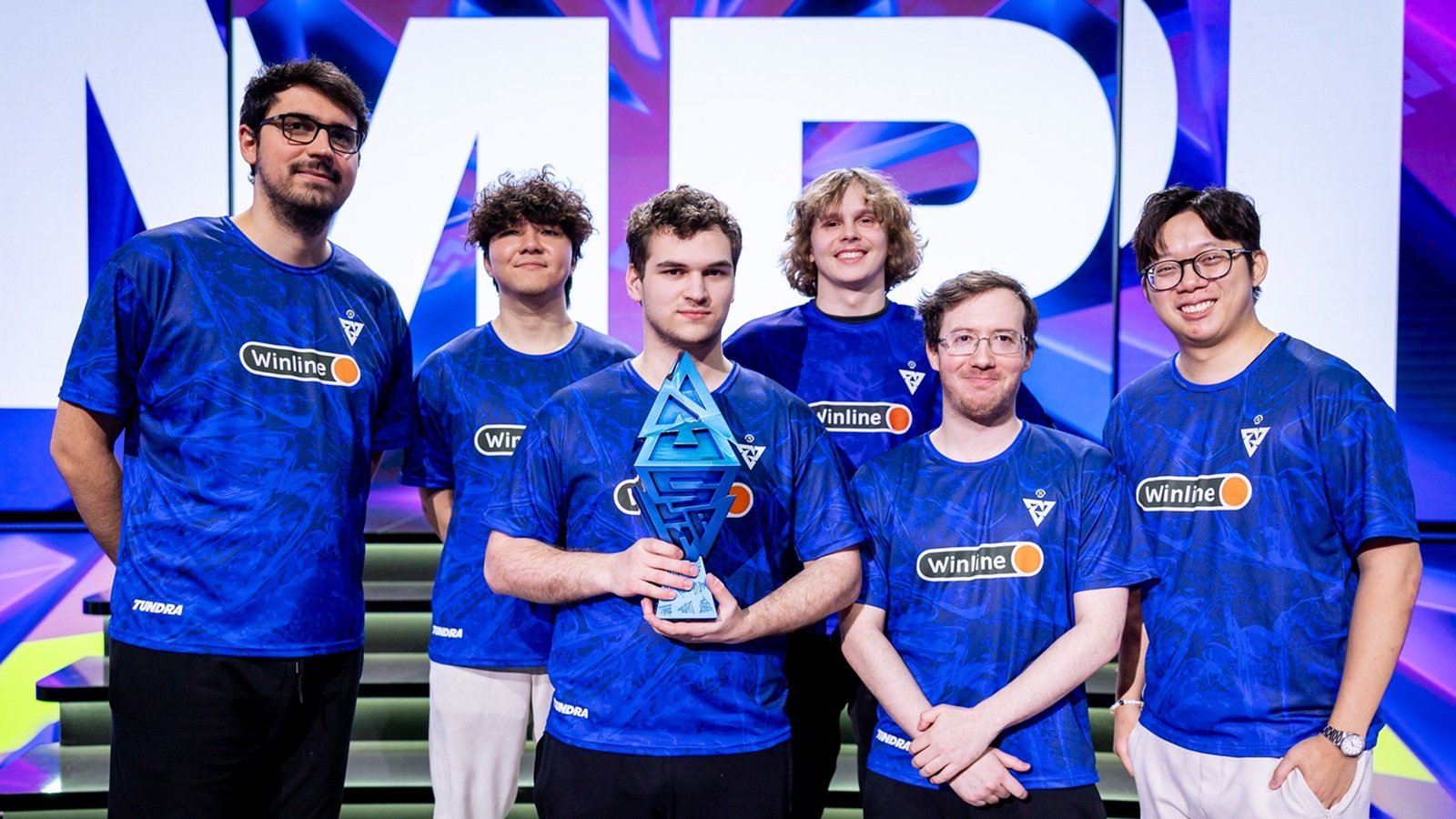
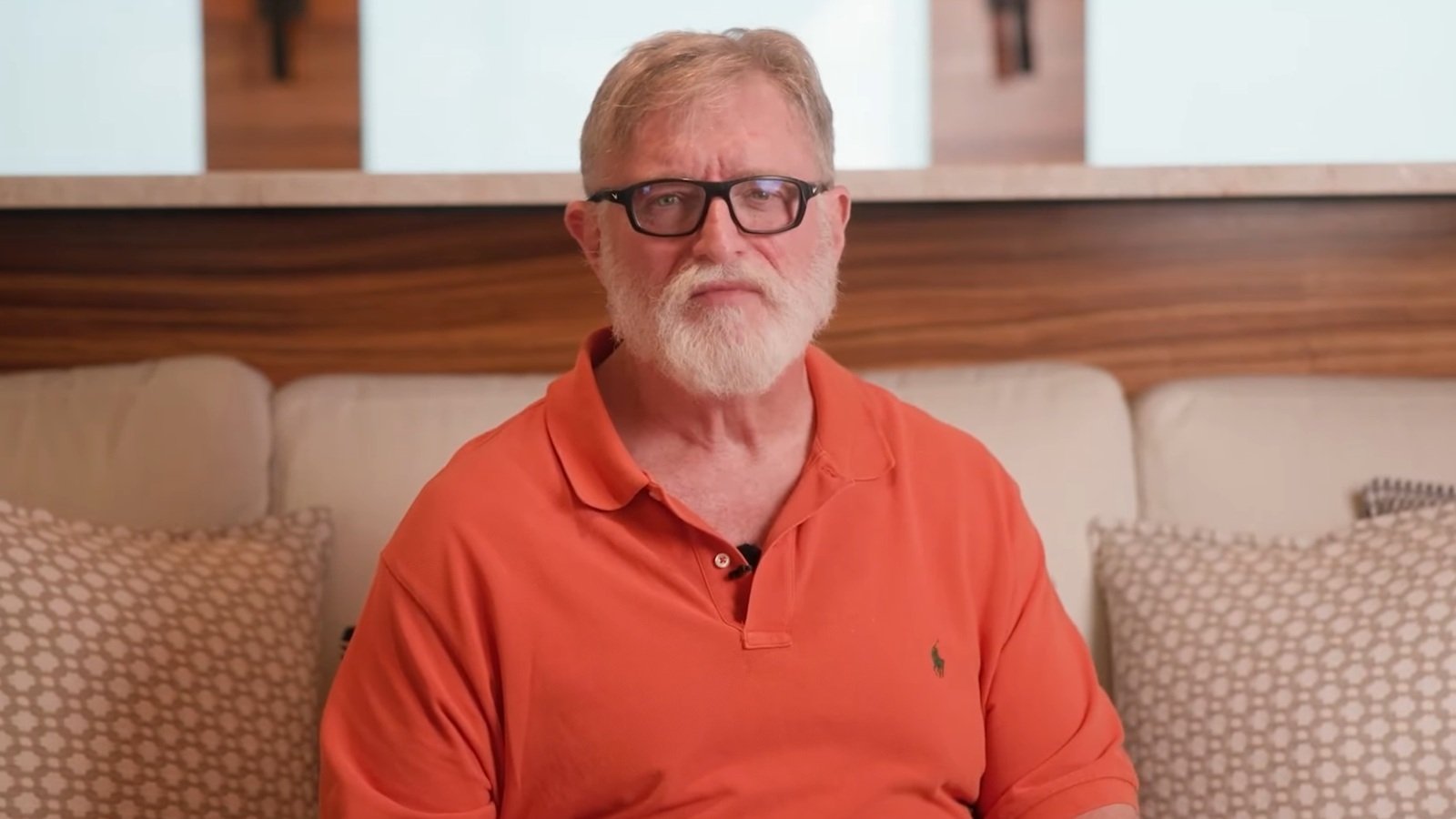
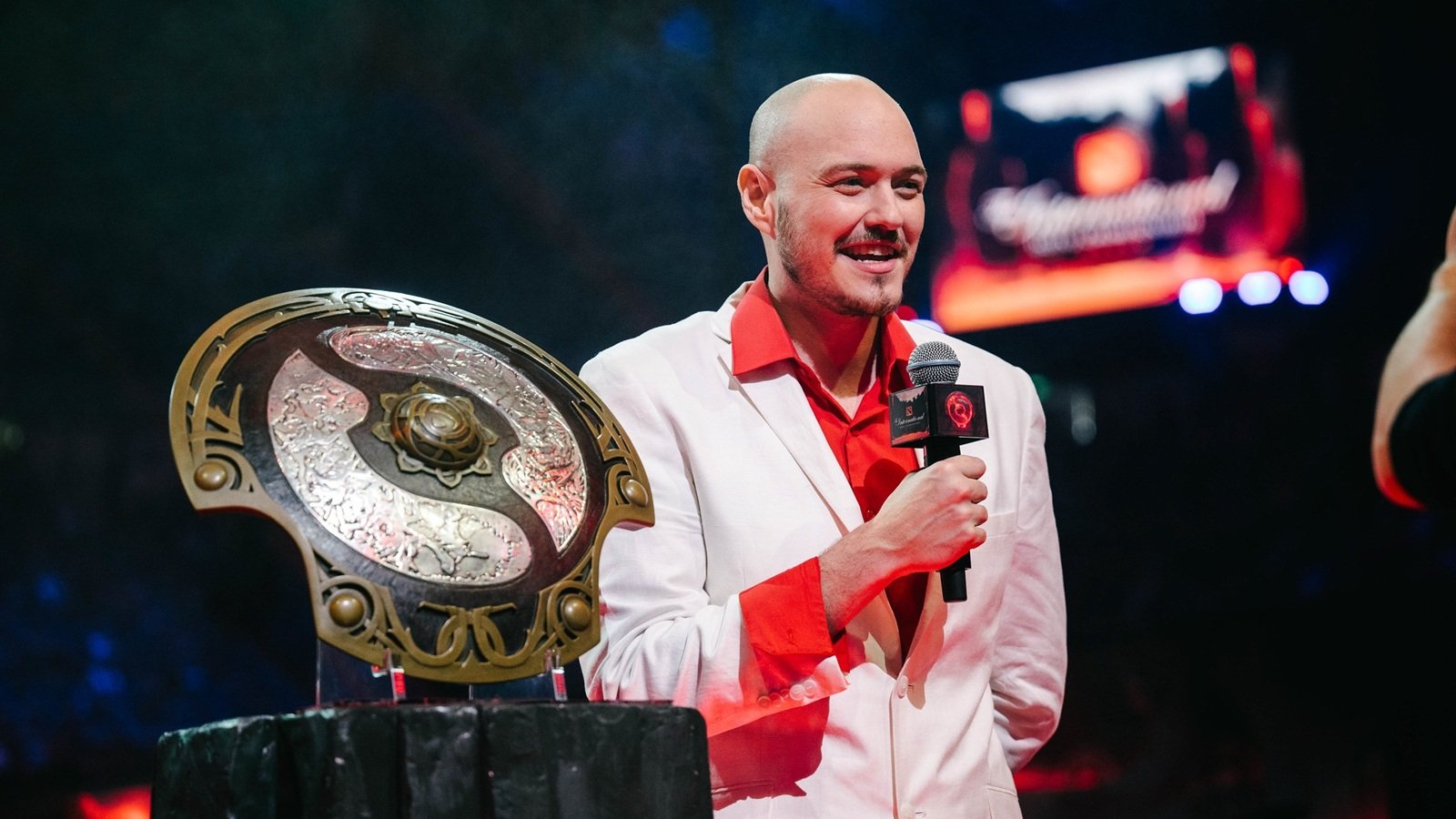


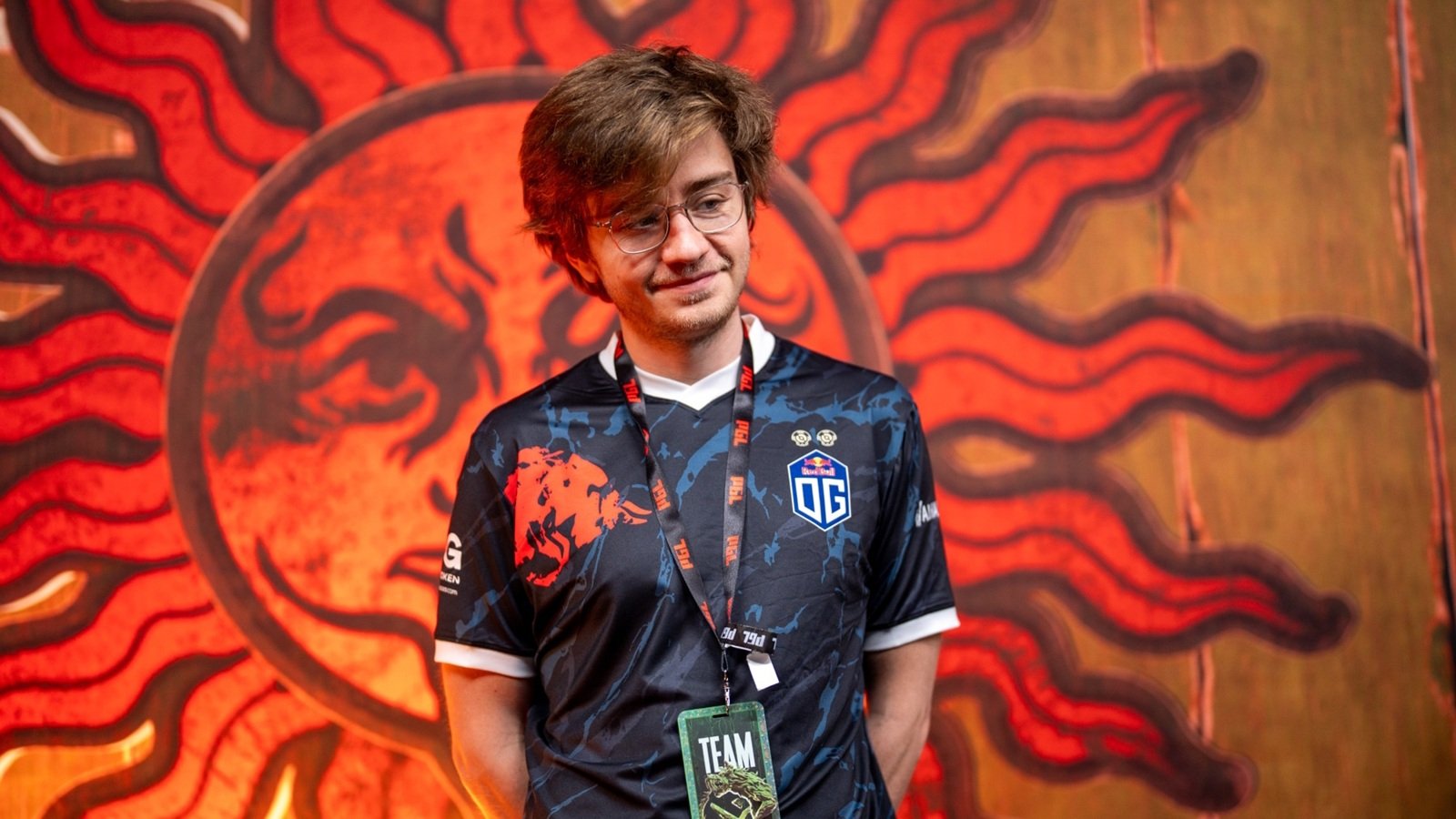
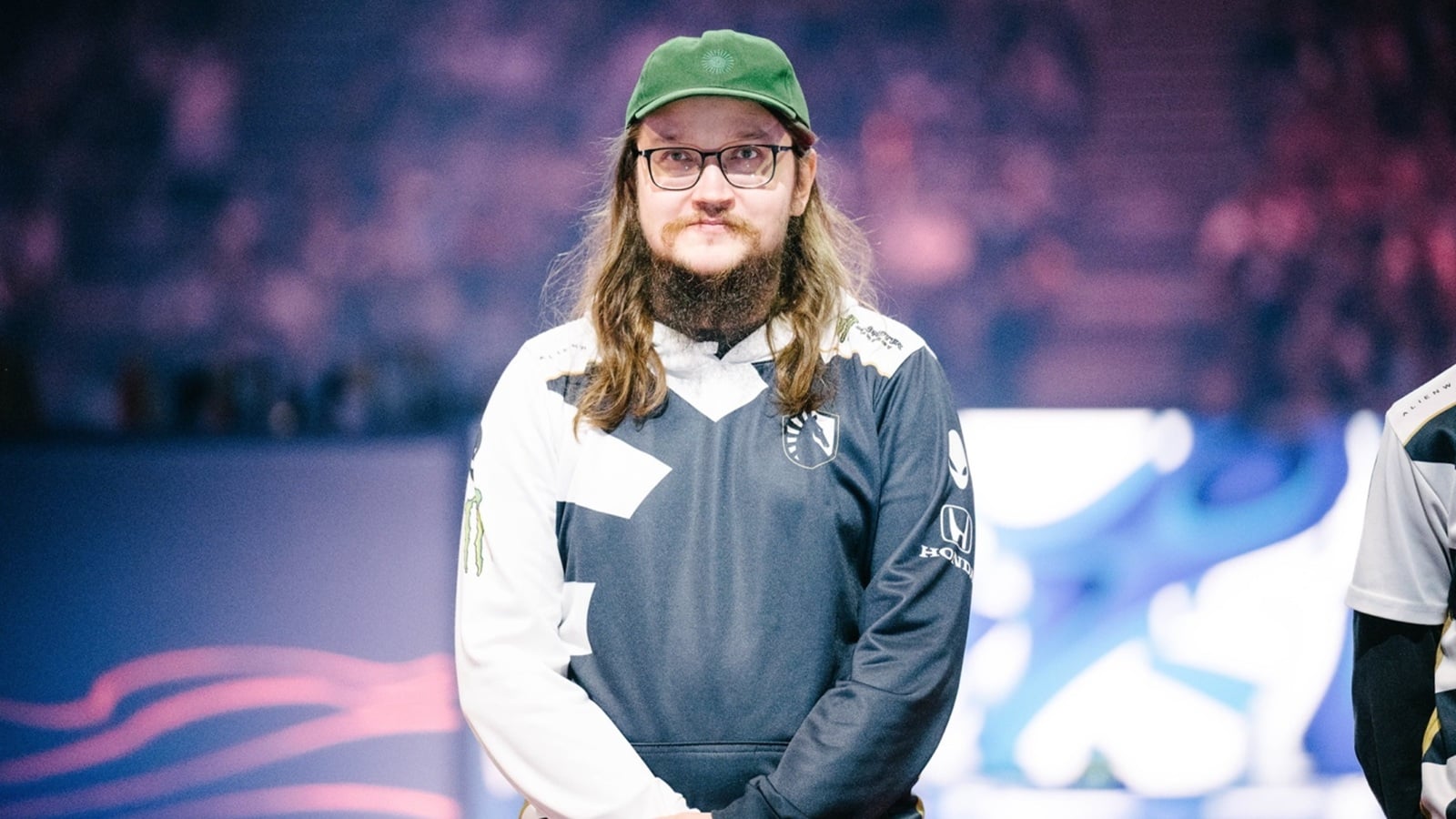

Published: Mar 7, 2023 08:43 pm